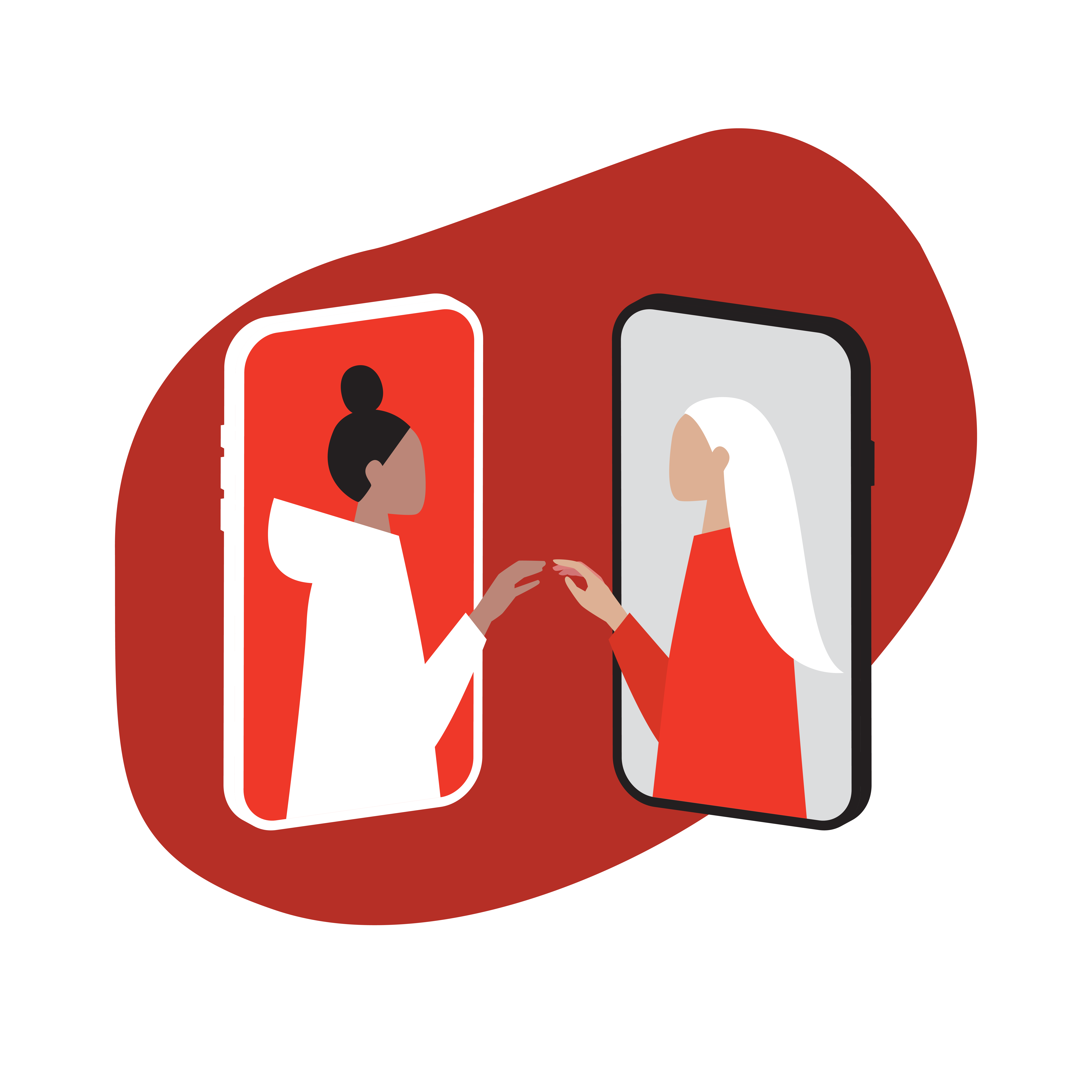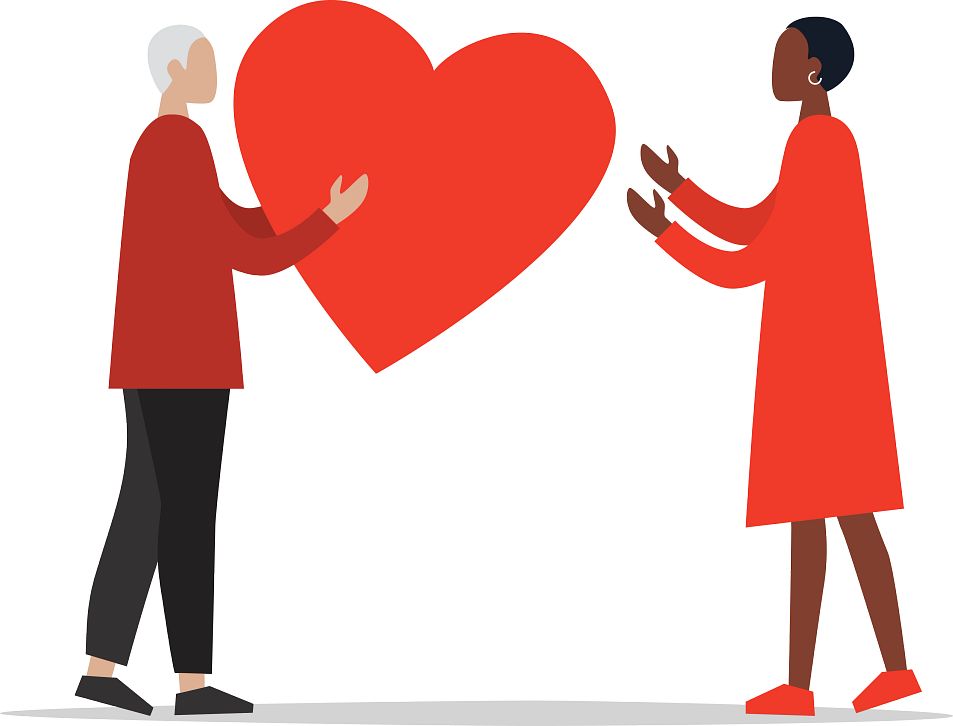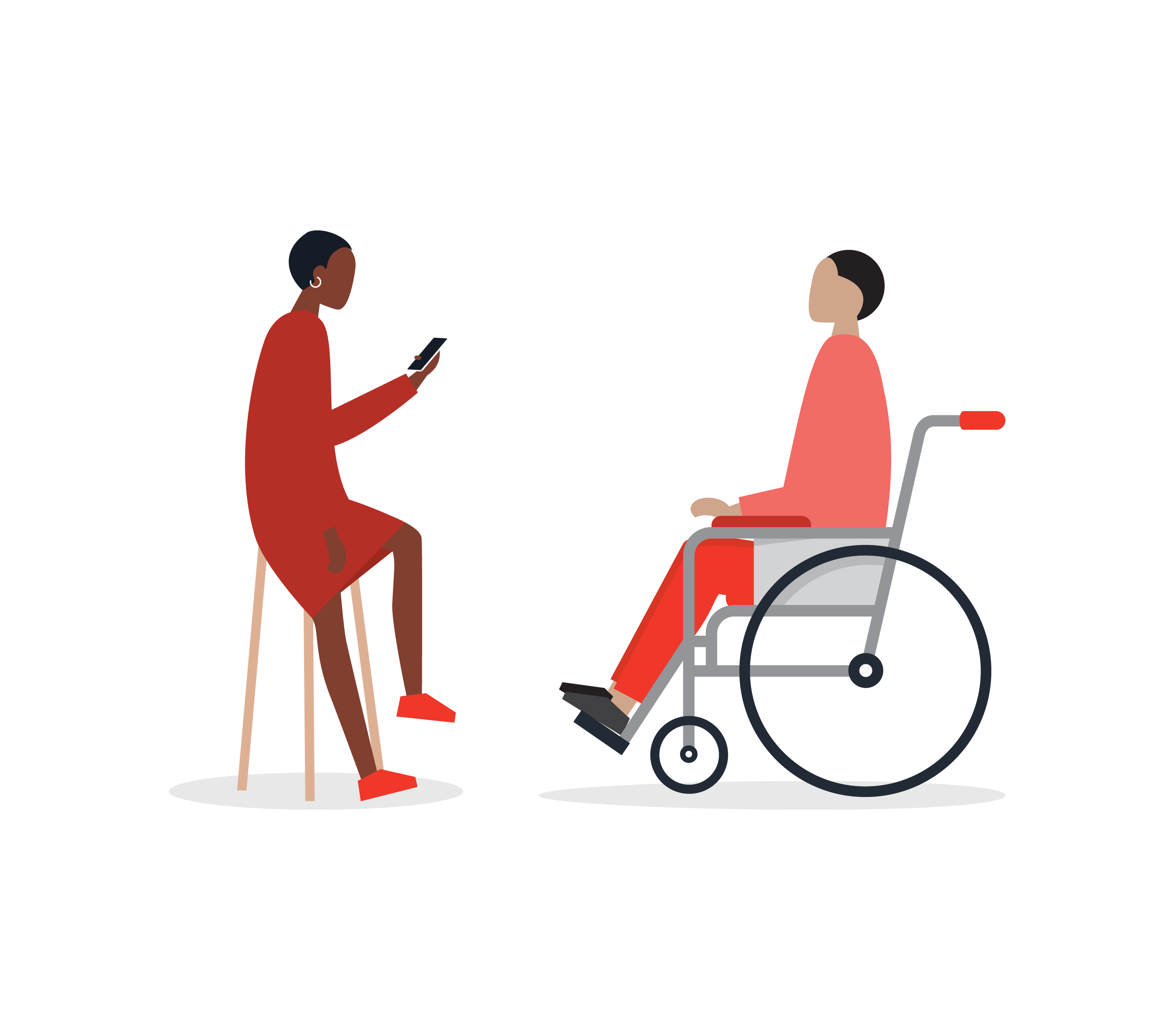AARP Hearing Center

Caregiving may be one of the most important, and challenging, roles you’ll ever take on. No matter where you are in your caregiving journey — starting to plan; taking care of a family member in your home, in a facility, or from a distance; or managing end-of-life caregiving responsibilities — having resources at your fingertips will make the process easier.
AARP developed this family caregiver guide with you, the caregiver, in mind and as a starting point to help you find the services and support you might need throughout your journey.
To order a print copy of this online guide, call the toll-free AARP Family Caregiving Resource Line at 877-333-5885 and indicate which state(s) you would like to receive. A copy will be mailed to you.
**Many of the resources referenced in this guide are not offered by AARP, and any information you provide to the host organizations will be governed by their privacy policies.

Caregiver Support
Aging and Disability Resource Connection (866-552-4464)
Designs and manages resources for older adults, persons with disabilities and caregivers. Provides an overview of statewide aging, disability and caregiver services.
Atlanta Regional Commission Area Agency on Aging (404-463-3100)
Works with each of metro Atlanta’s 10 counties to provide services for the region’s older and disabled populations.
Central Savannah River Area Agency on Aging (866-552-4464 | 706-210-2000 | TDD/TTY: 800-255-0056)
Provides older adults, persons with disabilities, their families and caregivers in east-central Georgia with care and services.
Middle Georgia Regional Commission (478-751-6160)
Provides information and referral for a variety of programs serving older adults, caregivers and people with disabilities.
Atlanta VA Health Care System Caregiving Support (855-260-3274)
Offers services for veterans and their caregivers. Whether you and the veteran you care for could use some help at home or you just need someone to talk to, contact to learn more about the variety of family caregiving services it offers.
Finances
Feeding Georgia (404-419-1738)
Regional food bank network distributes food to households throughout Georgia.
Georgia Drug Card Program
Free prescription drug assistance program to help uninsured and underinsured people afford prescription medication.
Georgia Public Service Commission — Consumer Advisory (800-282-5813 | 404-656-4501)
Assistance programs for electric, gas and telephone utility services for low-income seniors and families.
Supplemental Nutrition Assistance Program (877-423-4746)
Eligible households receive food assistance through an Electronic Benefits Transfer card to cover a portion of their food budget, as well as nutritional education.
Legal
Atlanta Legal Aid Society — Georgia Senior Legal Hotline (404-389-9992)
Provides legal services to economically and socially vulnerable Georgians over age 60 without regard to income.

Georgia Heirs Property Law Center, Inc. (706-424-7557, ext. 1)
Provides financial assistance and legal services Dedicated to low- and moderate-income Georgians.
Office of the Attorney General: Elder Abuse (866-552-4464)
The Office of the Attorney General of Georgia has special laws to protect residents 65 years of age and older, disabled adults, those who have Alzheimer’s disease or dementia, and residents of long-term care facilities from abuse, neglect and exploitation.
Health
Georgia Department of Public Health (404-657-2700)
Provides information on public health services, comprehensive health exams, environmental health programs, testing and community resources.
Georgia State Health Insurance Assistance Program (866-552-4464, option 4)
Offers free information and assistance to Medicare beneficiaries and their caregivers about health and drug plans.
Georgia Medicaid (404-656-4507 | 877-423-4746)
Georgia Medicaid and PeachCare for Kids® programs provide health care for children, pregnant women, and people who are aging, blind and/or disabled.
Global Partnership for Telehealth (866-754-4325)
Offers telehealth technology to schools, hospitals, clinics and health systems with a focus on underserved areas. and brings much-needed health care resources to urban and rural communities.
My Health eVet (877-327-0022)
Online resource enables veterans to schedule appointments online, refill prescriptions, view their health records and send secure messages to their health team.
Housing and Care Facilities
Georgia’s Long-Term Care Ombudsman Program (866-552-4464)
Provides consumer protection advocacy services to residents of long-term care facilities including nursing homes, assisted living facilities, specialty care facilities and boarding homes. Anyone can use an ombudsman to report a concern and get help resolving problems including residents, residents’ family and friends, and employees of long-term care facilities.

Information and Services
Georgia Department of Veterans Service (404-656-2300)
Helps veterans and families access benefits.
Meals on Wheels Association of Georgia
Network offers direct meal service to homebound seniors, serves as the “go-to” source for senior nutrition information. Augusta and the CSRA: 866-552-4464 | 706-210-2000 | mealsonwheelscsra.org; Atlanta: 404-351-3889 | mowatl.org; Middle Georgia: 478-745-9140 mealsonwheelsmidga.com
PFLAG Atlanta: Parents, Families and Friends of Lesbians and Gays (678-561-7354)
Supports education and advocacy for lesbian, gay, bisexual and transgender (LGBT) people, their families, friends and allies.
Resilient Georgia (678 940-1431)
A network of diverse public-private partnerships with 18 regional coalitions engaged in a mission to reduce mental health stigma, prevent and heal childhood adversity, emphasize trauma-informed awareness and care, and promote resilience in children and their families.































































